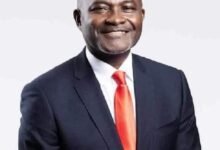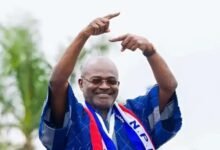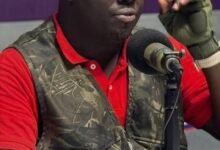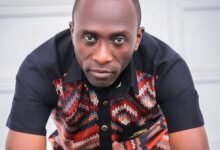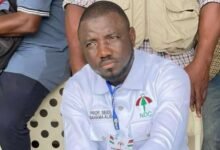Reflect on events that precipitated 1996 coup d’état – Panellists

Ghanaians have been urged to reflect on the events that precipitated the 1966 coup d’état that led to the overthrow of the first President of Ghana, Dr Kwame Nkrumah and guard against same of the Fourth Republic.
Participating in a panel discussion organised by the Policy Think Tank, Danquah Institute, all three panelists agreed that military takeovers in all its forms and shape were major contributory factor to the country’s underdevelopment.
The dialogue held via zoom on February 23, was on the theme: ‘Reflecting on February 24 and the Post-Independence Democracy of Ghana’.
The panellists were Dr Seidu Alidu, a senior lecturer of Political Science at the University of Ghana, Abdul Malik Kweku Baako, Managing Editor of the New Crusading Guide, and Kwadwo Afari, Director of Protocol, the New Patriotic Party (NPP) gave views on the events leading to the coup and provided constructive views on the post- 1966 period and the progress, growth and development of the country’s democracy.
Dr Alidu noted that while the coup d’état was unfortunate, there were a number of issues that often created room for it to happen however, despite the reasons given to justify such occurrences, evidence had proven military regimes often stifled development.
Mr Baako whose views were not in consonance with the others, indicated that the accusation that Dr Nkrumah banned other political parties proved to be an unsustainable strategy as his accusers walked the same path after overthrowing him.
“Towards the elections of the Second Republic, elements of the Convention People’s Party (CPP) were banned from contesting elections in the country and Parliament of the Second Republic sat for 24 hours and passed a legislation banning the party, a party that was national in character. What was the philosophy of that event? How different was that from what Dr Nkrumah did?” he quizzed.
Mr Afari while agreeing that coup d’états were disruptive, the coup that overthrew Dr Nkrumah was declaring Ghana a one party state because the CPP had won almost all parliamentary seats and it was purposeless for him to declare a one party state.
A Research Fellow of the Institute and Dean of the Ghana Institute of Management and Public Administration (GIMPA) law school, Dr Kwaku Agyemang-Budu, in his opening statement, said the reflective dialogue should not be seen as commemoration of the February 24, 1966 coup d’état which would be an affront to the letter and spirit of the 1992 Constitution, which abhorred coup d’états but explained that the dialogue was to reflect on the lessons learnt from the spate of coup d’états and other incidents that had been an interference in the country’s constitutional order.
BY CLIFF EKUFUL



